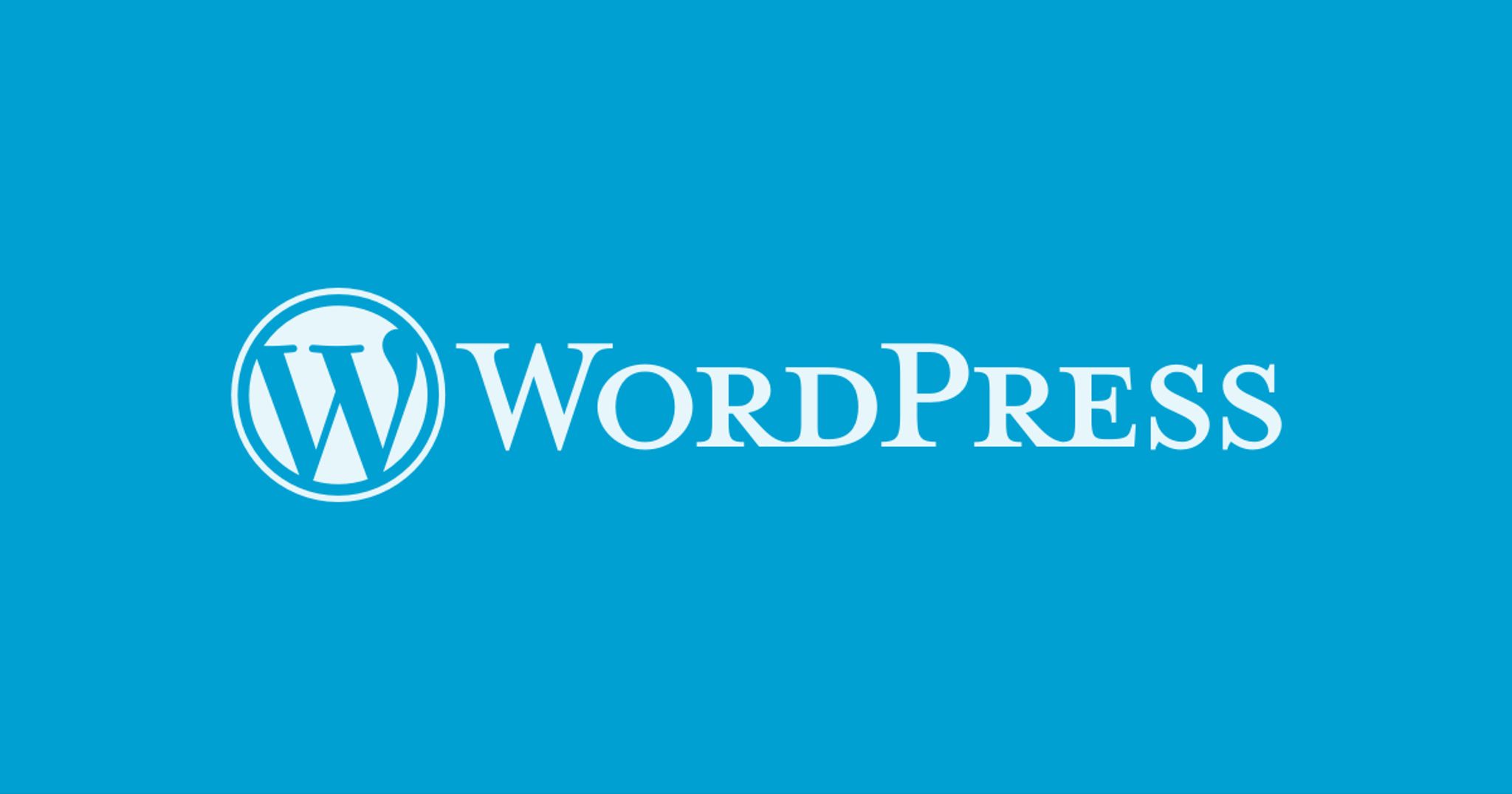Why WordPress Has All the Tools You Need Out of a CMS

One of the reasons why I love my job as a freelancer is the fact that I have a CMS that is intuitive, logical and includes a slew of tools that you can add on to enhance your website design and content creation. In the CMS world, WordPress is like an amusement park that already has all the best rides but keeps on expanding in order to keep content wizards hooked in with new functionalities. And much like a well-oiled machine, the platform is resilient as it is capable of bouncing back from the not-so-frequent crashes that threaten to jeopardize your content.
I started using WordPress six years ago as a blogging platform that already had a leg up over competitors such as Google’s BlogPost. While the latter was essentially an extended version of Microsoft Word online with formatting and cropping tools, WordPress was more like a combination of Word and Excel. The CMS mimics Word in the way that it can create and format written and visual content if you like to keep things simple, but it has Excel’s ability of entering data into a spreadsheet of churning out impressive results that affect your website’s visual content in the form of GIFs, graphs, layers, charts and videos.
WordPress is known for its SEO capabilities, offering users the chance to create a title, an SEO title, a meta description, a slug, an excerpt, category checkboxes, stock tickers, tags, keywords, alt texts on images and a variety of other tools that help your website gain visibility. The platform also links up with Google Analytics to measure the success rate of your content based on its readability, visual appeal and SEO prowess. If something about your content is off, the CMS tells you what you need to do to improve the quality and visibility of your online content.
A key advantage that WordPress has over its competitors is that it has open code access. Website developers can take advantage of this functionality as it allows them to customize their toolbox or develop new features as they see fit. Having open code access makes the CMS very flexible, drawing in more than 80 million websites, including e-commerce, business, membership and forum sites. The fact that WordPress is so popular makes it easy to find a solid developer anywhere in the world who is familiar with the CMS’ ins and outs.
Plus, WordPress has no shortage of open-source plugins that are already available, allowing content developers to use their coding prowess to create new tools, themes and functionalities. The CMS’ plugins library is massive as it includes a product management tool, a payment services platform, membership access capabilities, stock information in real time, recommendation engines for retail sites and more.
Every great CMS needs to combine functionality with likeability, and WordPress excels in this fact as it has a user-friendly interface in addition to its ever-growing toolbox. Creating content is simple as you can enter content in one of two areas: the “visual” tab or the “text” tab. The visual one will show you what your content will look like, while the text tab has all the code behind the text, formatting and visual aids you are adding to your piece. Less experienced content developers can stick to the simplified visual region, while experienced coders can embed YouTube videos and include side content on the text region with their HTML knowledge.
The CMS also makes it easy to manage content as when you exit a particular piece, you can go back to an overview of all the content you’ve created, as well as the content that your freelancers have created (if you’re the manager or editor). You will be able to see each post as its own section, with the title, author, tags, category, last modified date and other pieces of data about the piece. Plus, you can filter posts and search them based on keywords or phrases.
All in all, WordPress is one of the most complete CMS out there if not the most complete, making content creation and content management an easy and convenient experience. Additionally, it’s wide array of SEO and visual tools can enhance the visibility and appeal of your website without any advanced coding techniques. You won’t know how great it is until you try it out and get a feel for it, and I highly recommend you do so as I’ve never enjoyed content creation more than I do now.